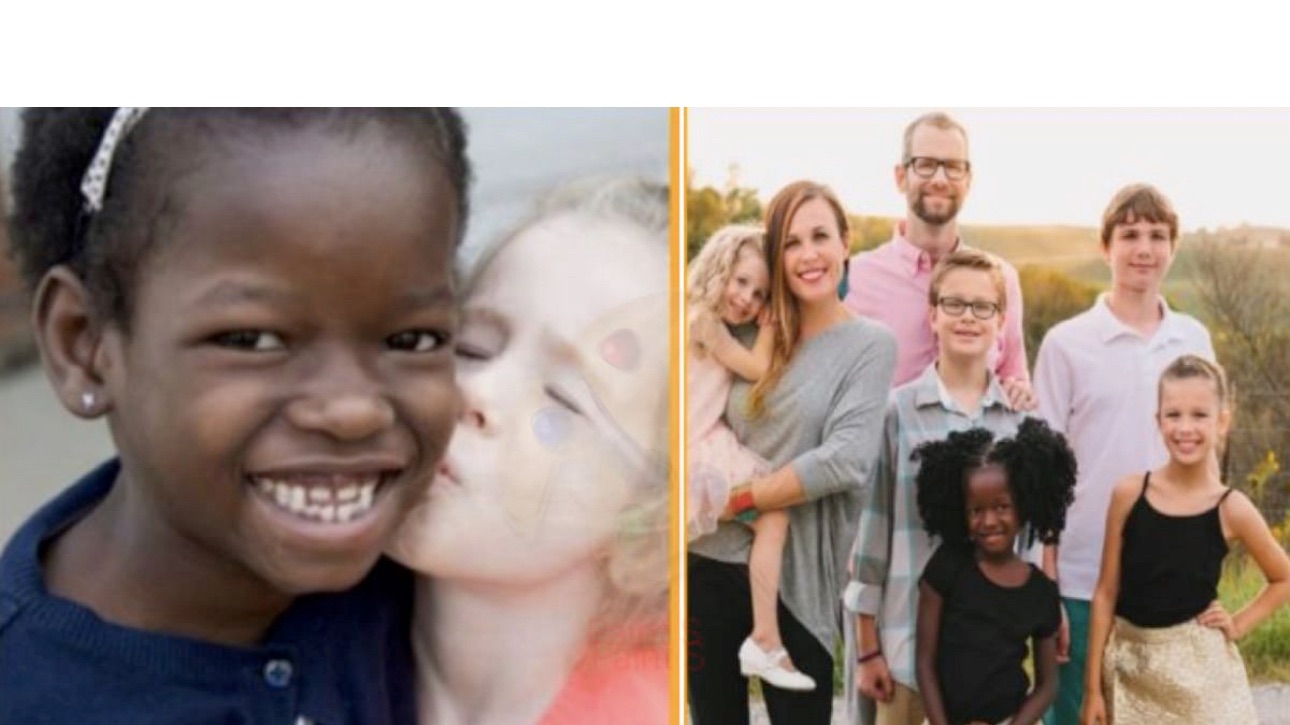A family choosing to adopt children not only enhances their own lives but also provides a loving home for their adopted children. We came across an American family that adopted a girl from Uganda. Sadly, she had to be sent back after the family learned the truth about her adoption story. Many celebrities worldwide, like Angelina Jolie and Madonna, have adopted children, particularly those affected by war, corruption, and poverty.
Increased Awareness
These adoptions and global charity campaigns have heightened awareness of the struggles and hardships faced by children in need. Adoption provides an incredible means of showing love and care, offering a child an identity and nurturing environment.
Good Intentions Don’t Always Yield Positive Outcomes
While good deeds are done with pure intentions, there are opportunists who exploit the adoption trend to make quick money.
Adoption Scam
An Ohio family of four, Jessica, and Adam Davis, fell victim to an adoption scam. They wanted to expand their family and decided to adopt a child from Africa.
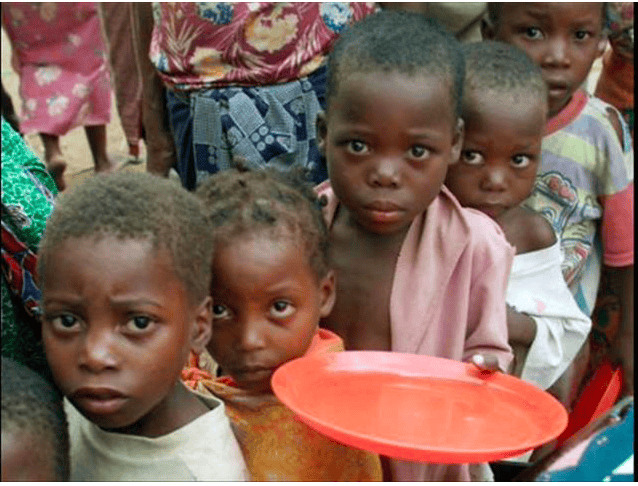
The Child’s Backstory and Deception
Their search concluded when they found a six-year-old Ugandan girl, believed to be an orphan. They were told her father had died and she was left at home to be mistreated by her mother, who couldn’t afford her education.
Agency Misled Them
The adoption agency deceived the family by claiming the mother was unable to care for the girl, suggesting a better life for her was with the Davis family.
Orphanage Revelation
In 2015, the Davises traveled to Uganda to meet the girl. Regrettably, she was not in her small village but was instead found in an orphanage, four hours away, in a place with no toys and barred windows.
As a result, this little girl was adopted and brought to the USA.
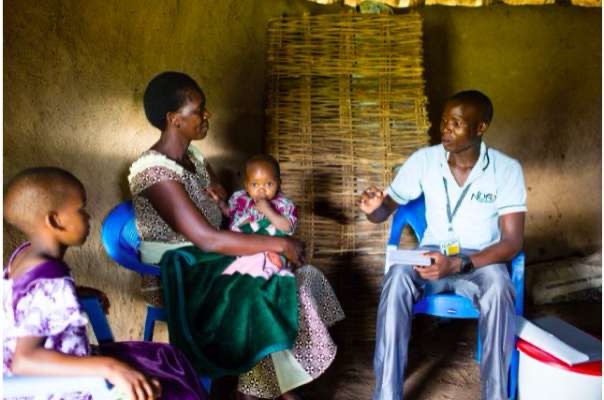
The 7-year-old girl, wearing bright pink and holding a favorite stuffed animal, sees her mother for the first time in almost a year, her face lighting up with a brilliant smile.
Speaking via Skype, Namata, known as Mata, chats from her adoptive parents’ home in Ohio while her mother watches from a quiet corner in Uganda, away from her village.
“Hello,” Mata says. “How are you doing?”
Her mother laughs, overwhelmed by seeing the daughter she feared lost forever. Holding a newborn, Mata requests a closer look at her sister, prompting her mother to cradle the baby over the computer screen.
Mata beams, as does her adoptive mom, Jessica Davis. As the conversation progresses, Mata seeks answers about why her mother gave her away. By the end of the call, Mata is tearful. “My mom was tricked,” she sobs. “My mom was tricked.”
Her mother explains that she never intended to permanently give Mata up; she’d been misled to believe Mata would receive a great educational opportunity abroad and eventually return home, with her mother remaining part of her life.
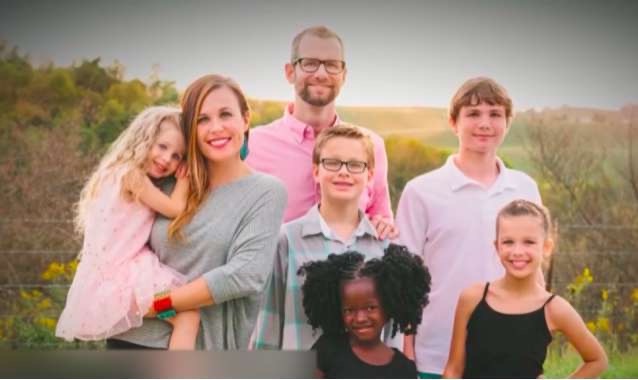
For Mata’s adoptive mother, this revelation was earth-shattering. It confirmed her suspicions about the story told by the Ohio-based adoption agency, European Adoption Consultants. They had claimed Mata’s father had died, her mother neglected her, and couldn’t afford to feed her, and that Mata had never attended school.
Yet after arriving in America and developing her English skills, Mata fondly spoke of her mother, recalling shared activities like cooking and walking to church and school together.
The Skype conversation on August 29, 2016, confirmed Jessica’s doubts. She realized they hadn’t participated in an adoption but in taking a child from a loving family, prompting her to return Mata to her mother.
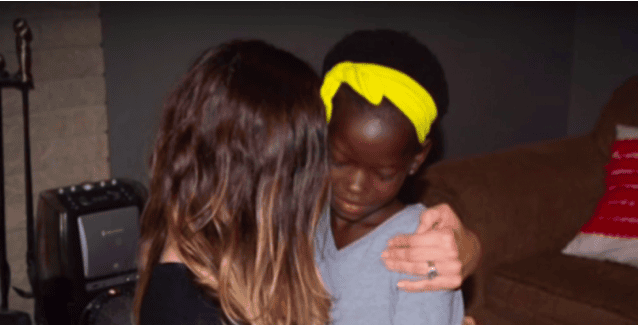
‘Pull the wool over their eyes’
The Davises shared their story with CNN, believing Ugandan children like Mata are trafficked without American families knowing the truth behind their adoptions.
CNN’s investigation into this alleged trafficking suggests children are removed from their homes in Uganda under the pretense of receiving better education, placed in orphanages despite not being orphans, and sold for up to $15,000 to unsuspecting American families. It found that multiple families were deceived.
Keren Riley from Reunite, a grassroots organization aiding trafficked children in returning to birth mothers, claims local facilitators prey on vulnerable mothers, often widows, with false promises of educational opportunities.
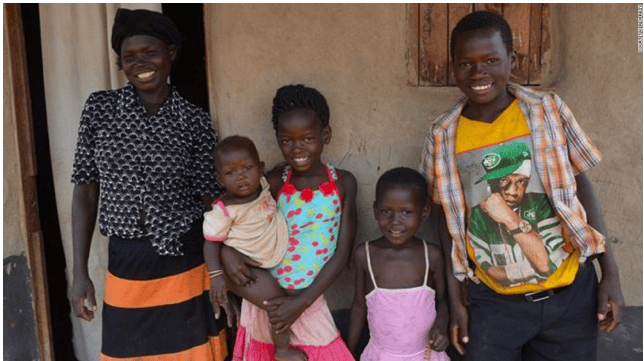
Riley mentions that traffickers can include police, lawyers, teachers, and local leaders. She notes many Ugandan villagers lack a term for “adoption,” making deception easy.
In Mata’s village, Mat, a villager-turned-trafficker manipulated families to enter the adoption system, including Mata, who was sent to an orphanage called God’s Mercy, four hours away. Jessica shared that she was at the orphanage with no toys and barred windows.
Mata’s mother later told a Ugandan family court she was misled into believing the adoption was a temporary educational opportunity, having been traumatized by her husband’s tragic death.
However, the original referral provided to send Mata to God’s Mercy misleadingly described her mother as “helpless” and unable to provide. The form was dated October 21, 2014, a week after the Davises were informed Mata was available for adoption. They later discovered the form was forged and not signed by Ugandan authorities and came to believe Mata was not an orphan but living with a loving mother.
The Ugandan government found Mata’s mother was deceived and the referral was not genuine, with an Ugandan court confirming the form was forged. Following this, the Davises began their inquiry and contacted the US State Department about these inconsistencies.
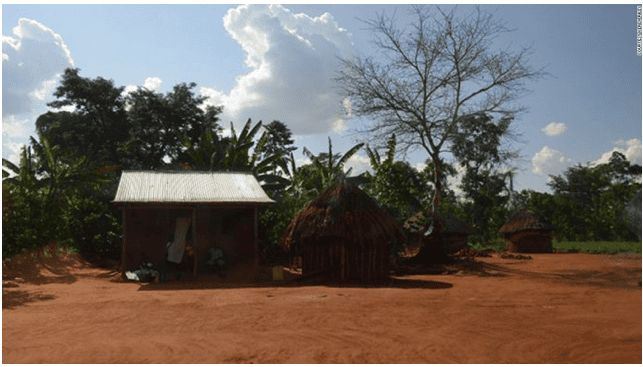
The Davises recounted the agency’s initial call, suspecting the narrative was dramatized. Adam Davis recalled his initial relief and joy upon hearing Mata’s name contrasted against the emerging truth of her story.
Shuttered business, elusive owner
European Adoption Consultants (EAC) headquarters in Strongsville, Ohio, found abandoned after the State Department debarred it for three years, preventing child placements. The FBI later raided the offices, and the Ohio attorney general filed to dissolve the agency.
The State Department revealed EAC failed to adequately oversee foreign providers, engaging in “sale, abduction, exploitation or trafficking of children.” It identified serious failures to comply with international adoption standards, alleging bribery and fraudulent parental consent practices.
Following incidents, Uganda shut down God’s Mercy orphanage, accusing it of “child trafficking” and fraudulent operations, facilitated by a Ugandan law firm working directly with EAC.
Despite reaching out to the orphanage, CNN obtained no response. The lawyer involved, Dorah Mirembe, refuted trafficking claims and maintained that children, including Mata, were moved with the consent of birth mothers, contradicting Ugandan court findings of deception. She also dismissed claims of similar treatment affecting another child from the same village sent to God’s Mercy by EAC.
According to Ohio’s lawsuit, about 300 families were in various adoption stages with EAC at debarment. The State Department indicated these cases required reassignment to other approved adoption providers, offering guidance to affected families.
The allegations from the State Department effectively led to the shutdown of an adoption agency that had placed over 2,000 children from overseas into American homes since 1991. This agency, founded by Margaret Cole after the loss of her child to SIDS, began as a personal mission following the death of her fifth child, a daughter. Cole traveled to Russia to establish adoption contacts, which she described as her new life’s purpose.
In a 1995 interview, Cole reflected that her agency was “the only good thing that’s happened from my daughter’s death.” The agency expanded to facilitate adoptions in more than a dozen countries, including Russia, Guatemala, and Uganda. From 2000 to 2015, tax records show the agency reported over $76 million in revenue and expenses.
In response to growing concerns about the agency’s adoptions, Cole defended her practices, claiming to have a “radar” for avoiding unethical individuals in international adoptions. However, CNN sought answers regarding the agency’s involvement in Ugandan adoptions, the State Department’s accusations, and an FBI investigation into possible child trafficking. Cole did not respond to multiple inquiries, and attempts to reach her through properties linked to her were unsuccessful.
CNN did, however, contact Debra Parris, EAC’s African adoption program director. In YouTube videos, Parris speaks of the joy in seeing adoptive parents meet their children for the first time. However, when approached for comment, she denied having a significant role in the adoption program or any wrongdoing, blaming others in Uganda.
Though neither Cole, Parris, nor EAC currently face charges, the FBI investigation continues. Families like the Davises and the Wellses, who adopted through EAC, found themselves caught in fraudulent adoptions. The Wells family, who adopted a Ugandan girl named Violah, discovered that she had been wrongfully taken from her mother. They decided to return Violah to her family in Uganda after realizing the adoption was fraudulent. Similarly, the Davises, after learning about the background of their adopted child, Mata, chose to return her to her birth mother.
Both families spent significant amounts of money on the adoption process and were devastated by the discovery of fraud. The Wells family returned Violah to her village, where she was joyfully reunited with her mother and siblings. Meanwhile, the Davises vacated Mata’s adoption, and with help from Reunite’s Riley, Mata was returned to her family in Uganda.
In both cases, the families experienced emotional turmoil but believed returning the children to their rightful homes was the only ethical choice. As Adam Davis reflected, they unknowingly became part of a system that treated children as commodities, but in the end, returning Mata was the right and necessary action.
The Davises still keep in touch with Mata via Skype every few months. Back in her village, she has returned to school and is enjoying her new sister. The Wellses also remain in contact with Violah.
Mata and Violah have formed a friendship and have thrived since going back home.
When asked about Mata’s return, her mother expressed with a smile, “I’m very, very, very happy.”
Violah’s mother shared similar feelings, saying, “I’m very happy and very grateful.”
Unfortunately, two of her daughters are still missing. Riley from Reunite has informed the American families she believes adopted them but hasn’t received a response.
“Both families are aware of the truth,” Riley states. “They seem to continue living their lives, letting the children believe the false stories they’ve been told.”
A 2015 study by the Ugandan government, sponsored by UNICEF, revealed that Ugandan parents were often “bribed” and “deceived,” with financial incentives, implicating the orphanages in this deceit.
The report highlights that orphanages do not always verify the children’s backgrounds before taking them in. These findings align with the situations involving Mata and Violah and support what CNN uncovered.
